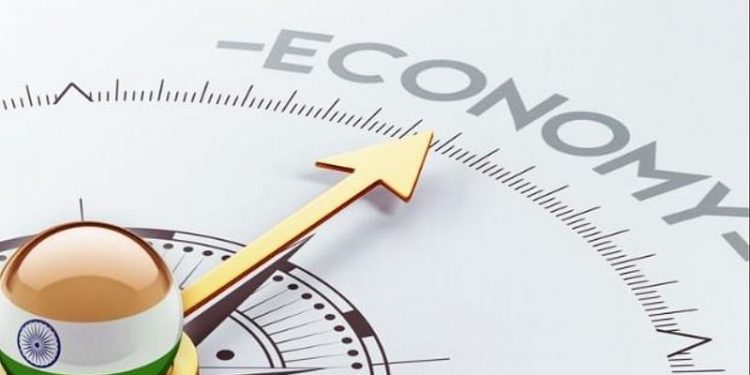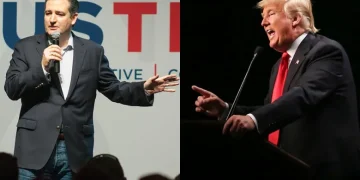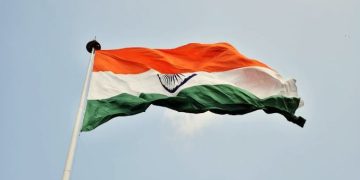Santosh Kumar Mohapatra
A lot of discussion has been going on in support of the economic reforms that were introduced in our country in July 1991. But it is rarely discussed that the reforms were imposed on us by the IMF and the World Bank as part of the Washington Consensus.
Thirty years after the reforms, we are still plagued by a host of economic problems. India recorded a fiscal deficit of 9.3 per cent of GDP in 2020-21 as against 8.4 per cent in 1991. Public debt which was stable at around 70 per cent of GDP over the past decade has exceeded 90 per cent of GDP in 2020-21. The wholesale price-based inflation accelerated to a record high of 12.94 per cent in May 2021 on rising prices of crude oil and manufactured goods and India’s retail inflation rose to 6.30 per cent in May 2021. Job losses are so pervasive and discernible that they don’t need any statistics.
It is publicised that the reforms spurred economic growth, progress, and modernisation in India. But it is never discussed how India extricated itself from the quagmire of an economic abyss after Independence by adopting a socialistic pattern of economy. Certainly, due to the reforms, the markets roared, industrialists flourished and amassed wealth, the middle class prospered, GDP accelerated, per capita income rose more rapidly than before, life expectancy improved, infant and maternal mortality rates declined, and poverty receded. But India has lost its economic sovereignty. Today, we have the right to open any sector but no right to close it.
According to estimates, the average growth rate of the past three decades was 5.8 per cent per annum which is slightly higher than 5.6 per cent in the decade before 1991. However, this growth has been uneven, inequitable, and has not benefited larger sections of society and triggered mammoth inequalities. India is today divided into two parts – a shining India representing the rich and a suffering India representing the voiceless and the vulnerable.
According to an Oxfam report, India’s richest one per cent hold more than four-times the wealth held by 95.3 crore people who make up for the bottom 70 per cent of the country’s population. After Brazil, India is the second most unequal country in world, according to Credit Suisse’s 12th wealth report.
According to the global multidimensional poverty index (MPI) 2020, India still had 36.4 crore poor in 2015-16, the largest for any country. Due to the pandemic, around 23 crore people fell below the poverty line, while the middle class population shrunk by about 3.2 crore.
In comparative terms, progress in India has been trifling. India ranked 94th among 107 countries in the Global Hunger Index, 2020, even behind Nepal (73), Pakistan (88), Bangladesh (75), and Indonesia (70). Out of 189 countries, India ranked 131st on the Human Development Index, 2020 prepared by the UNDP.
India ranked 139th out of 149 countries in the list of the UN World Happiness Report, 2021. According to the 15th Edition of the Global Peace Index, 2021 released by the Institute of Economics and Peace, India ranked 135th out of 163 countries, indicating ‘low state
of peace.’
Public healthcare is a great leveller and directly helps in reducing health inequalities. But sharp inequalities exist across castes, religions, classes and genders on various health indicators, according to a report by Oxfam India. The report titled ‘India Inequality Report 2021: India’s Unequal Healthcare Story’ shows that the ‘general category is better off than the SCs and STs, Hindus are better off than Muslims, the rich are better off than the poor, men are better off than women, and the urban population is better off than the rural population’ on most health determinants, interventions and indicators. As per Oxfam’s report, 2020, India’s health budget is the fourth lowest in the world. The report data showed India spent less than 4 per cent of its budget on health and ranked 155th out of 158 countries on the health spending index.
India looks more like a poor country when compared to China after 30 years of reforms. In 1987, the GDP (nominal) of both countries was almost equal; in terms of PPP, China was slightly ahead of India in 1990. In 2020, China’s GDP ($14.7 trillion) was more than five times India’s GDP ($2.63 trillion).
In his July 1991 Budget speech announcing the economic reforms, then Finance Minister Dr Manmohan Singh had paraphrased Victor Hugo: “No power on earth can stop an idea whose time has come.” But ideas can only come of age in an environment conducive to nurturing them. Thirty years later, Dr Manmohan Singh recalls Robert Frost’s poem: “But I have promises to keep, and miles to go before I sleep.” This is today’s reality. Time has come to make reforms that are people-centric, not just profit-centric.
The writer is an Odisha-based economist and columnist.






































